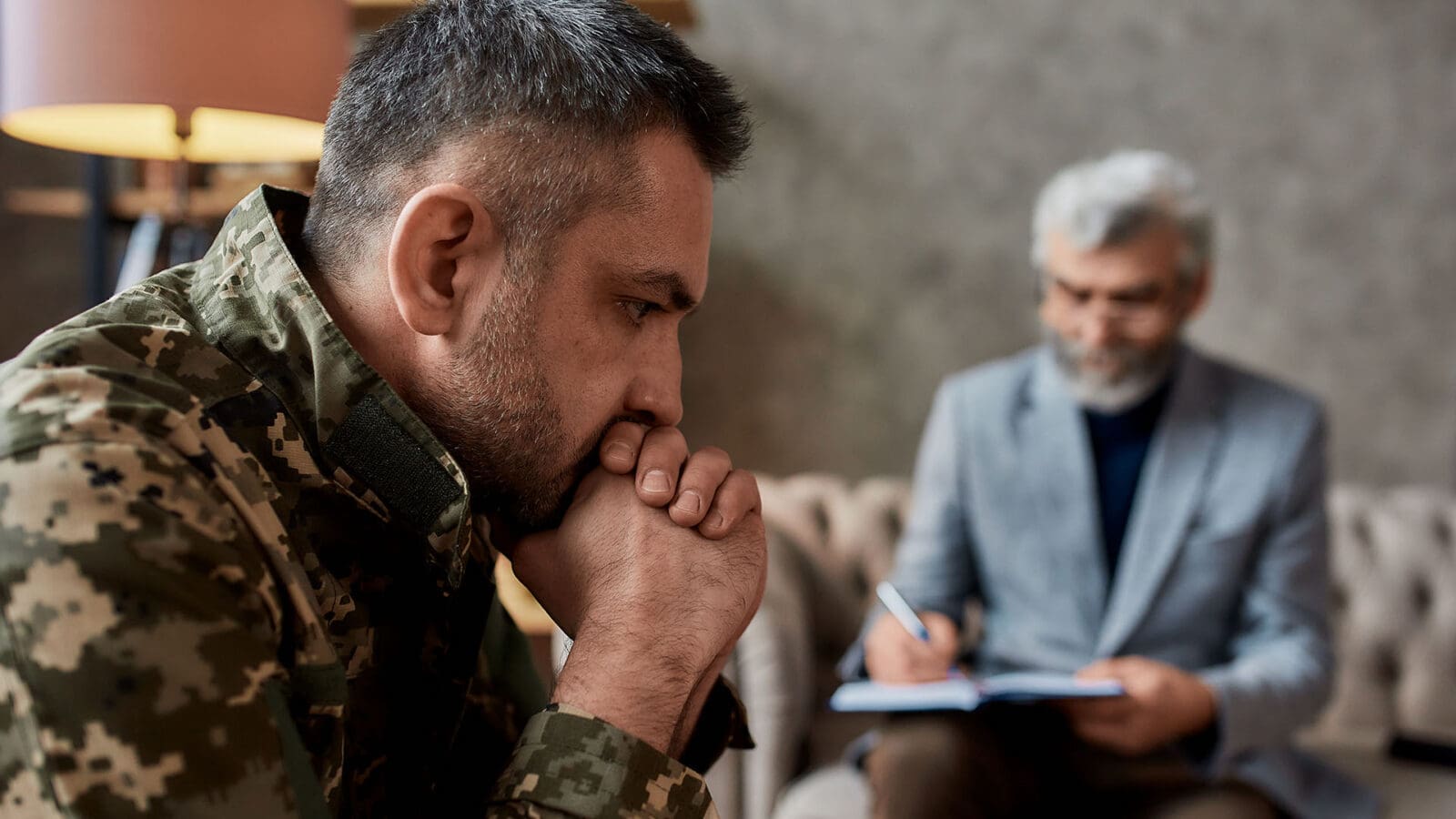
Veteran Depression Claim Denial | VA Disability Appeals Lawyers
Many veterans suffer from depression during and after their active duty military service. Unfortunately, a veteran may not be formally diagnosed with depression until after they leave the military despite exhibiting symptoms during service. If left untreated, this psychological disorder can have devastating consequences for former servicemembers and their families. Fortunately, the Department of Veterans Affairs (VA) offers compensation to veterans who suffer adverse effects of service-related conditions. The development of any acquired psychiatric disorder, including depression, may result in the entitlement to service connection for the condition. In some cases, a veteran may receive a denial from the VA for their depression claim, which can further exacerbate the situation and cause frustration and additional health complications.
It is best to seek the advice of a well-versed attorney from VetLaw’s team before filing depression claims. If VA denied your claim for disability compensation, then you should schedule a meeting with a VA-accredited lawyer who can help you assert your entitlement to disability compensation.
MEDICAL REQUIREMENTS FOR OBTAINING DISABILITY BENEFITS
Depression symptoms differ from person to person. However, the most commonly reported symptoms of depression include:
- Feelings of sadness or hopelessness
- Loss of interest or pleasure in daily activities
- Sleeping too much or too little
- Chronic fatigue
- Eating too much or too little
38 Code of Federal Regulations §4.130 outlines the criteria used by the VA to assess the severity of an applicant’s depression based on the impact their condition has on their daily life. The effects of depression can range in severity from a minimal impact on daily tasks to an inability to function at all. VA rates these effects on a scale from zero to 100 percent disability. In addition, if a veteran is rated below 100 percent for an acquired psychiatric disorder, including depression, entitlement to a total disability rating based on individual unemployability, or TDIU, may be available.
THE STANDARD OF PROOF FOR DEPRESSION CLAIMS
In order to receive benefits, a veteran must show they have a current diagnosis of depression. Medical records, physicians’ statements, and even lay evidence from friends or family members who can attest to symptoms are helpful to include with a claim for entitlement to service connection for depression.
A veteran must also be able to point to a specific incident that took place during active duty or prove that symptoms of depression began during service. This is known as providing entitlement to service connection and plays it an important role in receiving benefits as a psychiatrically disabled veteran.
A VA-accredited attorney can help a former servicemember decide what evidence to send to VA to ensure that they are over-prepared. Otherwise, VetLaw’s team of lawyers can help an applicant file an appeal after receiving a denial of benefits.
Recent Changes to the Appeals Process
Under the Appeals Modernization Act, which applies to all denials issued on or after February 19, 2019, veterans may file a direct appeal on VA Form 10182, requesting review by the Board of Veterans’ Appeals (BVA). If the denial was issued prior to February 19, 2019, a legacy Notice of Disagreement (NOD) must be filed with a local VA office before appealing the case to BVA.
SCHEDULE A MEETING WITH AN ATTORNEY TO DISCUSS APPEALING A VETERAN DEPRESSION CLAIM DENIAL
For veterans following VA’s appeal procedures for a veteran depression claim denial, retaining an attorney who has experience with challenging the agency’s decision can make a substantial difference in reaching a favorable outcome. A qualified legal representative can look through your records to determine what additional evidence may be needed to make your argument more persuasive to VA.
Additionally, a lawyer can help draft statements advocating for why your benefits should be granted or increased in relation to the severity of your depression. To begin an appeal of entitlement to service connection for depression or another acquired psychiatric disorder, call our firm today and schedule an initial consultation with us.



